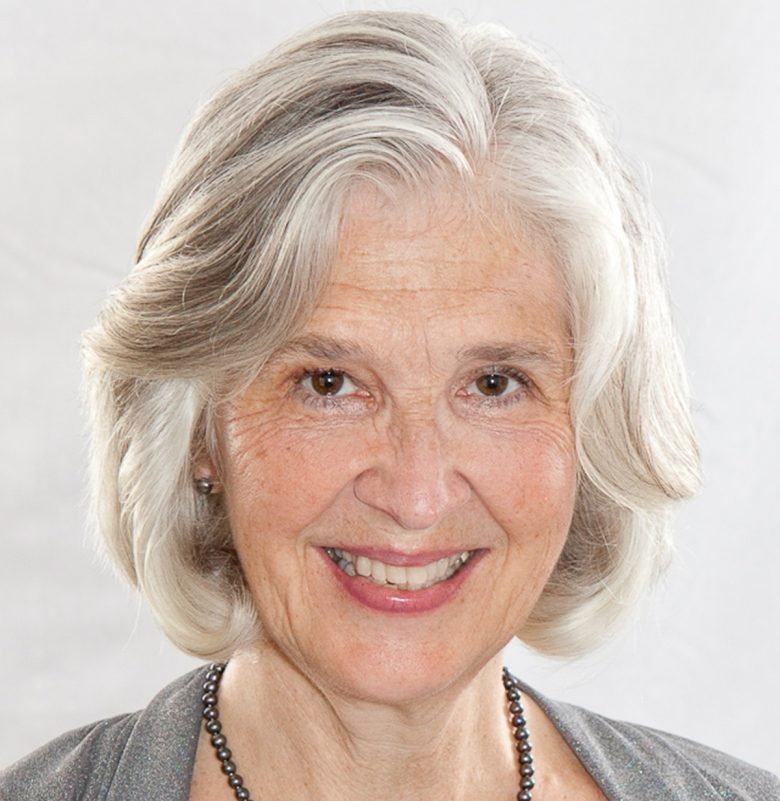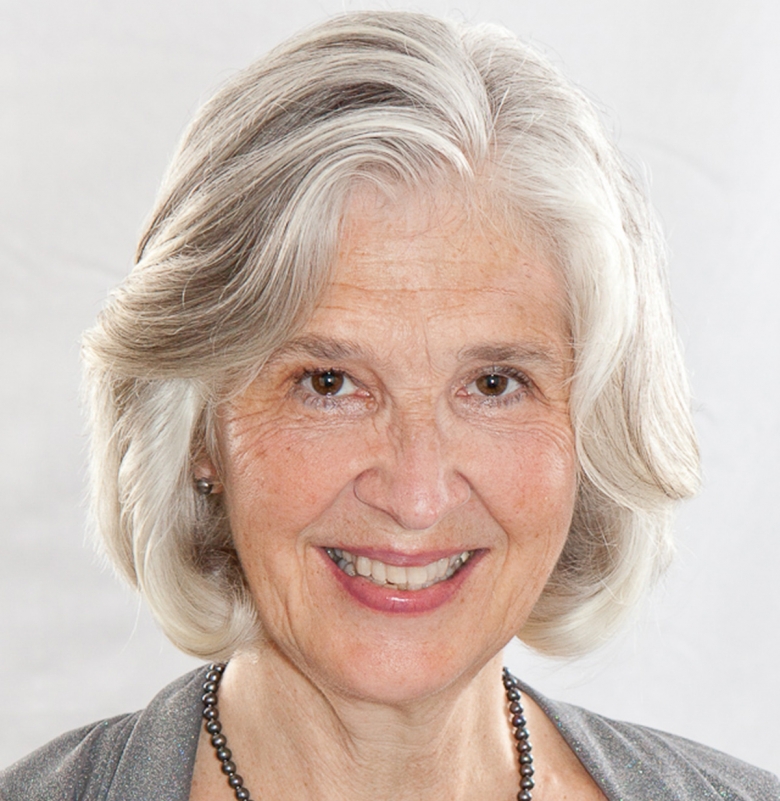
For decades, Edith M. Humphrey’s scholarly work has gifted both the academy and the church. Her teaching career has included positions at several schools in Canada, but since 2002 she has been part of the faculty of Pittsburgh Theological Seminary, where she now serves as the William F. Orr Professor of New Testament. Her publications have covered a variety of subjects, including the pseudepigraphical writing Joseph and Aseneth, rhetoric in the New Testament, the relationship between Scripture and tradition, and C. S. Lewis in relation to Orthodox theology.
Humphrey spoke recently with Douglas Estes, editor of Didaktikos: Journal of Theological Education. The full interview was published in the July 2018 issue of Didaktikos. Here’s an excerpt, and be sure to subscribe to the magazine for more great articles and interviews:
ESTES: With such a distinguished teaching record, spanning Canadian and American seminaries, what does teaching well mean to you?
HUMPHREY: I think that, primarily, teaching is a kind of communication. And we have in view passing on what’s already been learned by the person who’s designated the teacher. And also not just what’s been learned, but also strategies as to how that’s been learned or how someone who’s in the class can learn more. I actually go back to a maxim by Terence that was cited to me by my Latin teacher in high school: “I consider nothing that is human alien to me.” And for me, that’s a basis for teaching. If I can get that across to my students—that they can learn from anyone—that’s important. And sometimes it will just be a cautionary tale, but they can learn.
Because I start with this idea that there is nothing that is human that is alien to us, I really do have a cheerfulness about learning and teaching. I assume that communication isn’t simply an act of indoctrination, but that it is possible to really communicate and that it is fruitful to do so. Those whom I teach, they may differ from me—and that’s certainly the case in the context in which I find myself—but we still have much that we share. …
One of the joys of being human, I think, is to share an interest in some of those things or in persons that we have come to know with others. And that’s why I love to teach. Being in love conjures up the picture of two who are face to face, enamored with each other. I think teaching is more like friendship, at least as it’s described by C.S. Lewis—two or more looking at something else or at someone else, something that’s a shared passion or a shared interest, and then looking at each other from time to time to talk about that thing.
So I guess, in this way, I go against the grain of the times. I dare to think that we have the potential to know and to communicate with each other, and I believe that there really are realities—of course, sometimes changing realities, but realities nonetheless. And this conviction is amplified by my Christian context. I take seriously the communion of saints, the possibility of being led into truth and doing that together, as the Holy Spirit indwells His church and indwells each one of us, body, heart, and mind. So teaching is part of Christian living for me. As a result, I believe that we actually teach subjects and not just persons. The common wisdom today is that we teach persons, not subjects. I think that’s a real overstatement. But I think that persons are also absolutely essential. And in our line of work, in theology and biblical studies and so on, the subjects are often persons and are always interconnected with what persons have said or imagined or done or believed. So the subjects that we teach aren’t detached from us. Our teaching is not wholly subjective, so to speak—that’s true. But yet there is an “is-ness” to the subject matter that requires me to approach it from different angles. And I have to realize sometimes I may not be grasping it completely, so I could be distorted in my depiction of the matter and I would rely on my students to say, “Hey, what about this?” And then we would enter into discussion.
When I teach, I consider that I’m actually professing something—I really take the word “professor” seriously—something that I’ve learned, either by the subject or about persons, especially the tri-Personal God. But I don’t believe I’m doing this in isolation. And I consider that what I’m teaching is something that’s to be passed on from person to person and something that can be improved upon. So I expect my students to try and do that as we enter into conversation. To teach well is a dynamic thing, but it’s not just subjective; it concerns true matters that have existence outside of ourselves. And teaching well will mean being able to be challenged by those who don’t agree with me.
ESTES: When you were talking, I could hear notes or hints of theology, your idea about who God is, and how people interact with God, and theological anthropology. How has your theology itself impacted your idea about teaching well?
HUMPHREY: Oh, foundationally. So, for example, I’m very antsy about the move toward complete online classes, because I’m a Christian who believes that God’s way of teaching and changing and transforming us was to become incarnate—or if you want to say it the other way around, to take up all that is human into Himself as God the Son. And so this detached idea that we can simply transfer concepts by distance, and that that’s all there is to teaching and learning, is very troublesome to me. Now I’ve had wonderful experiences in distance learning, but I don’t think it’s a standalone. I think it has to be supplemented, if at all possible, by actual meeting in the flesh, because there’s something embodied about teaching as a Christian that I think is irreducible. It’s absolutely essential to express what it is that we think God has done for us. So my teaching is an extension of what I am learning about God daily. …
ESTES: So it sounds like what you’re saying is that, even though the mood of the day is to teach persons, really we teach subjects in conjunction with persons. And the challenge of some models—like an online-only program, maybe—is that you can’t really have a rhetorical relationship with the students where they get to see how you teach, how you communicate.
HUMPHREY: Yes—you can do a blended kind of thing, but it is never the same. … It’s very important that Jesus gathered around Himself twelve who then were specially commissioned to go out and do the teaching because they had been with Him, lived with Him, gone into ministry with Him. They had been there from the beginning. And Christianity then is not just a philosophy that can be passed down; it’s something that one enters into. You enter into a community, into communion with the apostles and with those who followed them.
This interview was first published in the July issue of Didaktikos: Journal of Theological Education (DidaktikosJournal.com). Are you an educator in theological education? Sign up today to receive issues to your door.





